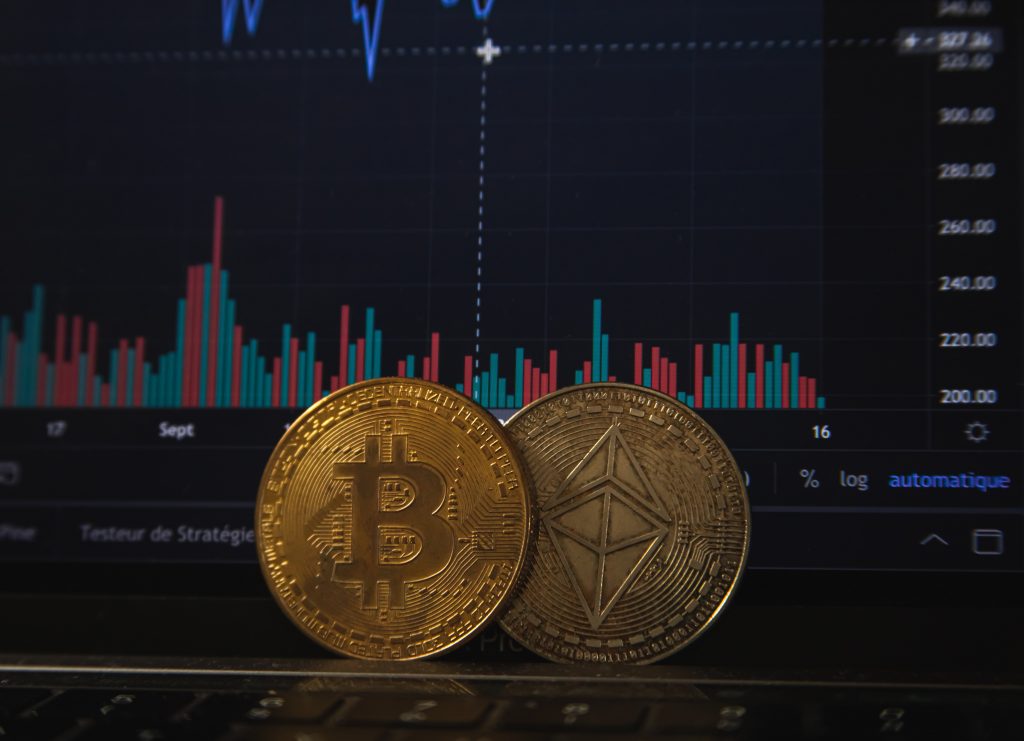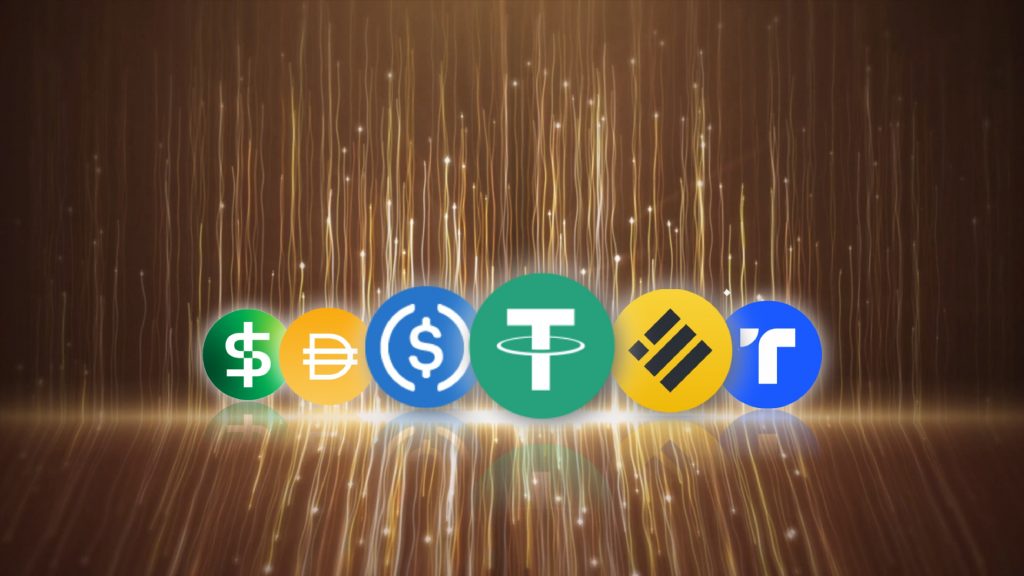The Monetary Authority of Singapore has revealed a new proposed test that will prevent Singaporeans from buying and trading cryptocurrencies nor will they be able to use their credit cards and payment apps linked to cards to buy and trade cryptocurrencies. This will be part of an amendment to the Payment Services Act, and the MAS is currently engaging with the public on this proposal.
Cryptocurrencies for those out of the loop are digital payment tokens that use an encrypted data string, and you’ve probably heard of the more popular ones such as Bitcoin, Ethereum and Solana. The Singaporean government though wants to look at improving customer protection when it comes to cryptocurrency, while also supporting the development of stablecoins as a legitimate way to trade digital assets. How stablecoins differ against traditional cryptocurrency is that a stablecoin is pegged to an external reference, such as a fiat currency like the US dollar, making them less volatile than usual forms of crypto. These include Tether, Paxos, Digix and Binance.

This comes after the MAS said that they were looking at reducing the harm towards consumers caused by traditional volatile crypto investments, but won’t be putting in place an outright ban. They themselves have stated that due to the nature of crypto trading itself, such a ban would likely be ineffective anyway. As such, the MAS wants to better educate users on the risks behind cryptocurrency, which includes having service providers test their customers’ knowledge on the risks of cryptocurrency and providing them with educational material beyond the scope of what they answered wrongly. They also want financial institutions to ensure that any gifts or incentives do not influence customers’ decisions in using any particular service.
The MAS is also looking at potentially refraining crypto service providers from accepting any payment methods involving a retail customer using a credit card or payment app linked to a credit card when dealing with cryptocurrency. They say that the use of any form of credit or leverage when trading with cryptocurrency could lead to a magnification of losses, and cause the customer to lose more than what they originally invested. Crypto service providers will also need to implement a segregation of customers assets,, and disclose to customers the nature and sources of any potential conflicts of interest which may appear due to the multiple roles a service provider may play.
On top of that, the MAS wants these crypto service providers to establish a process for users to issue complaints against them, maintain high availability and recoverability of their critical systems and put in place a framework and process to identify such systems. This would then ensure that any unscheduled downtime doesn’t exceed a total of four hours within any period of 12 months.

Meanwhile, as for stablecoins, the MAS says that there is a potential for it to become a valid medium of exchange, but will depend on them being well-regulated and securely backed. This could come in the form of a single-currency pegged stablecoin, or SCS for short. They’re more stable in nominal value compared to other stablecoins pegged to a bunch of currencies, and will be the focus of the MAS’ plans.
These plans include SCS issuers holding reserve assets in cash, cash equivalents or short-dated sovereign debt securities worth at least 100% of the par value of the SCS in circulation. Any SCS issued in Singapore will also need to be pegged to either the Singapore Dollar or other Group of Ten currency, such as the USD, British Pound Sterling or Swiss Franc. SCS issuers will need to publish a white paper too disclosing the details of its SCS including coinholders’ rights, while also meeting a base capital requirement of either SGD1 million or 50% of the annual operating expenses of the SCS issuer, whichever is higher.








